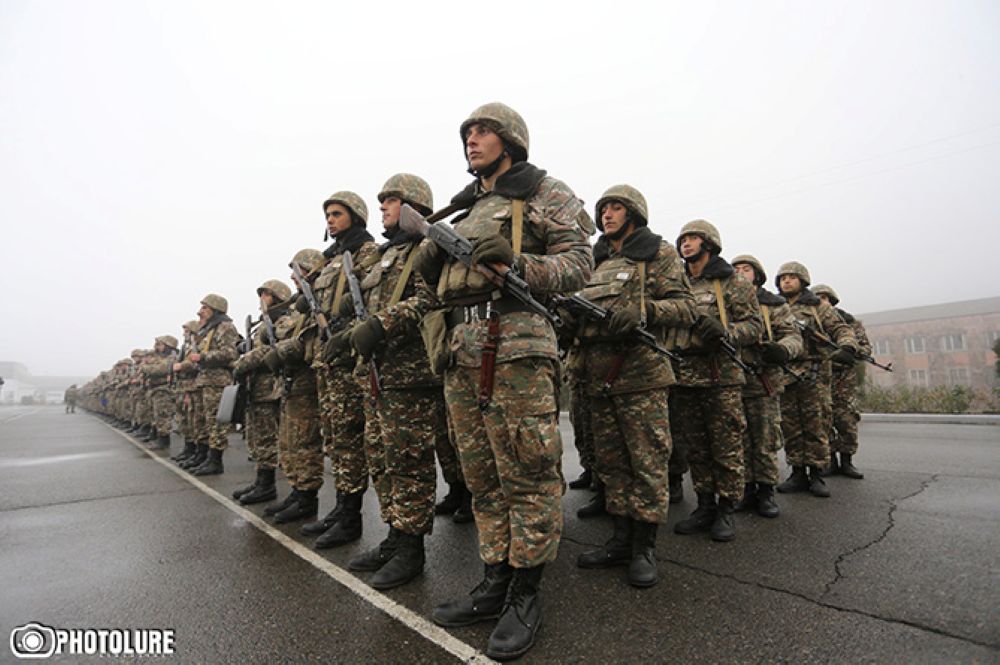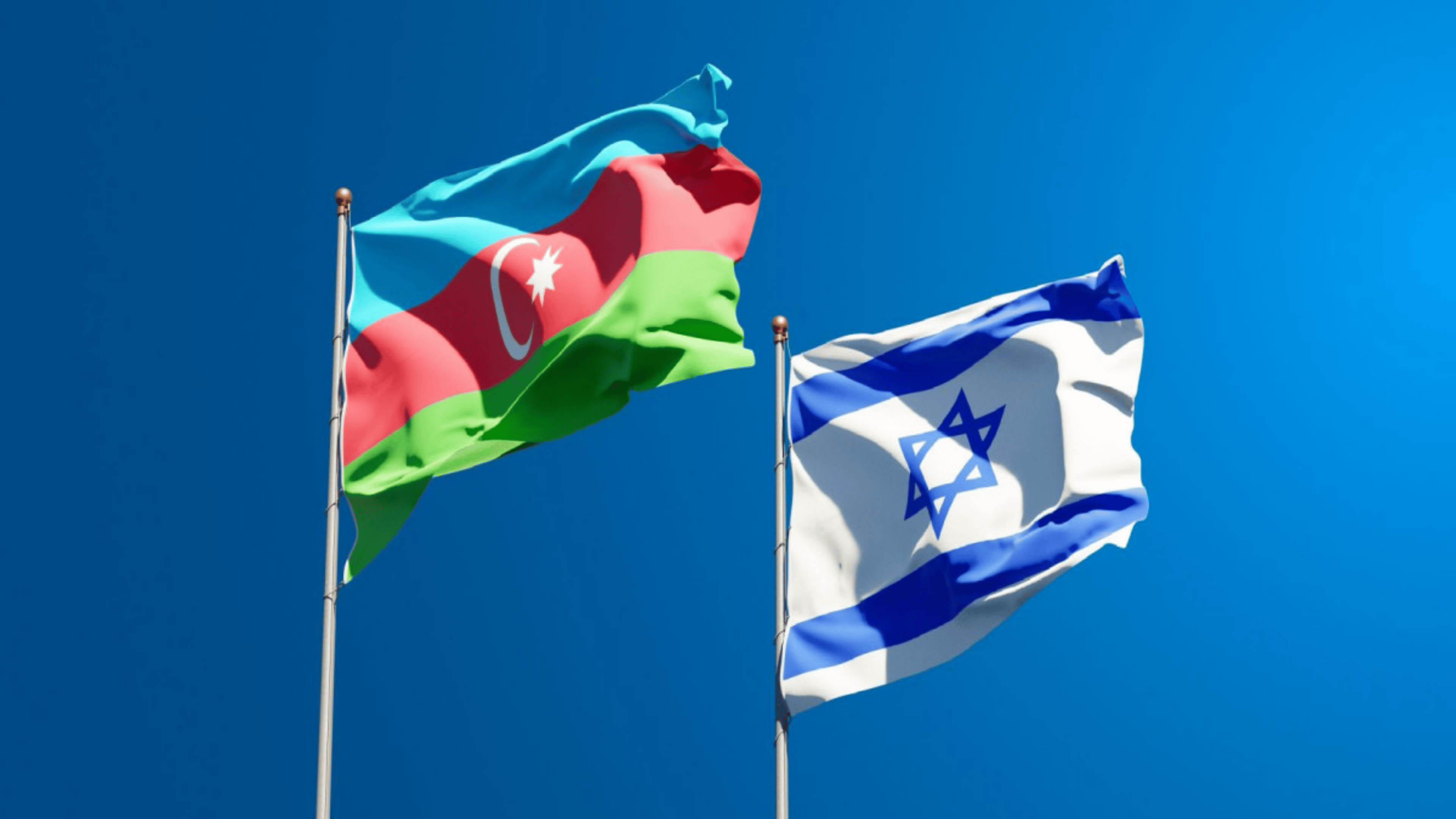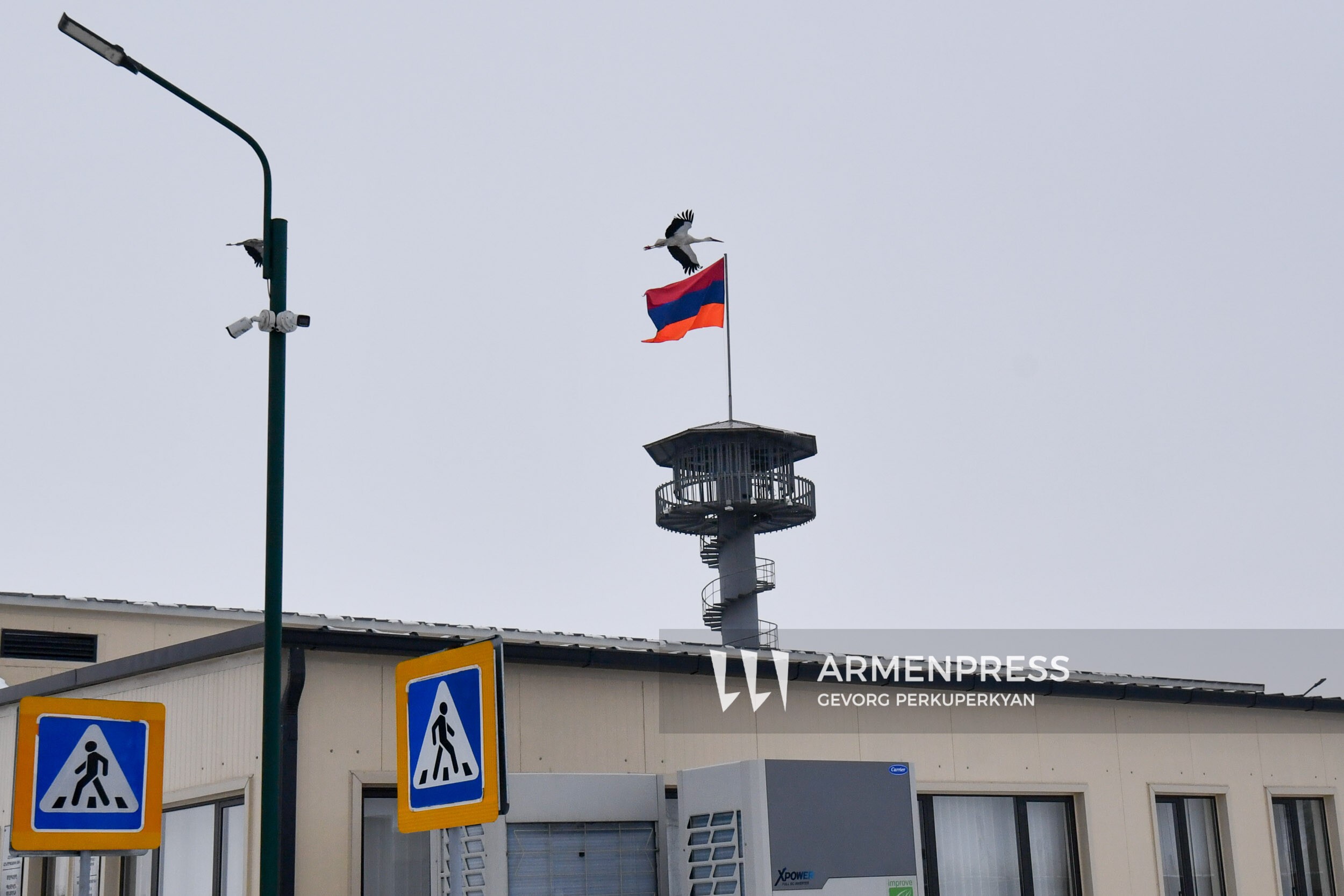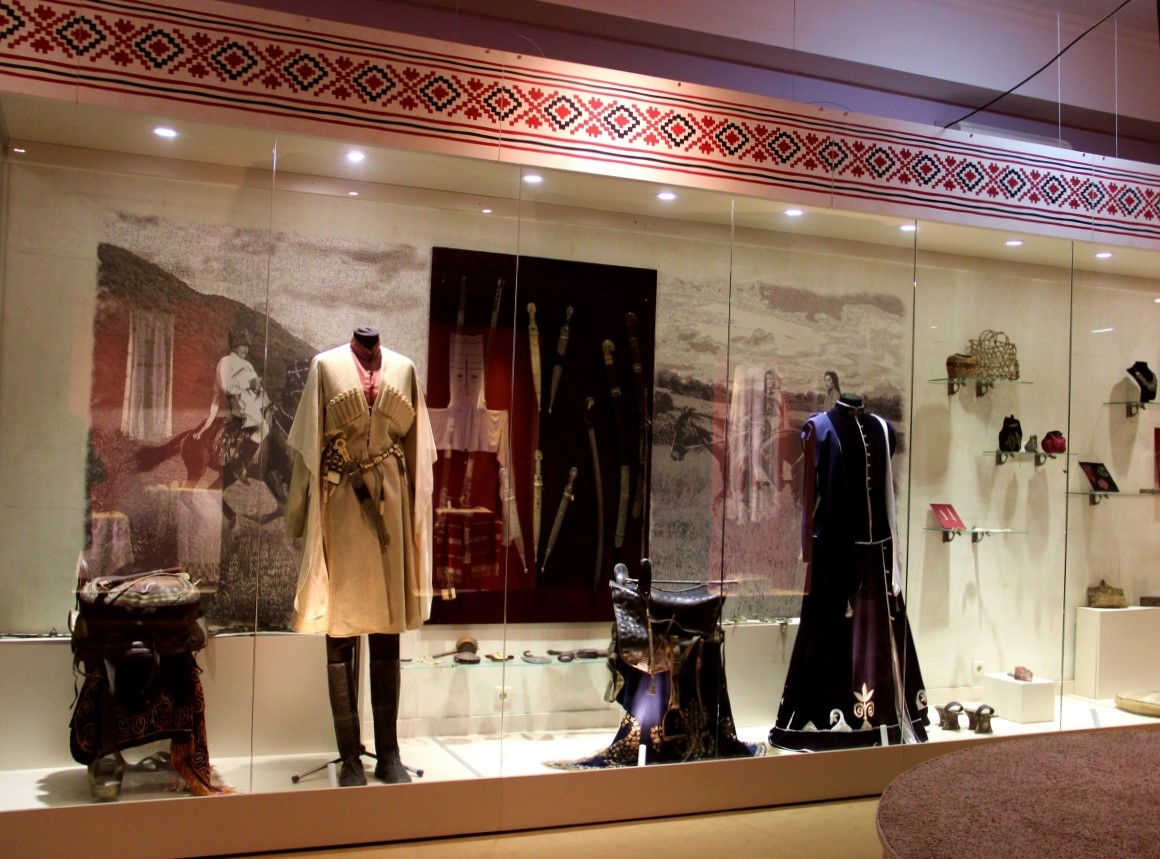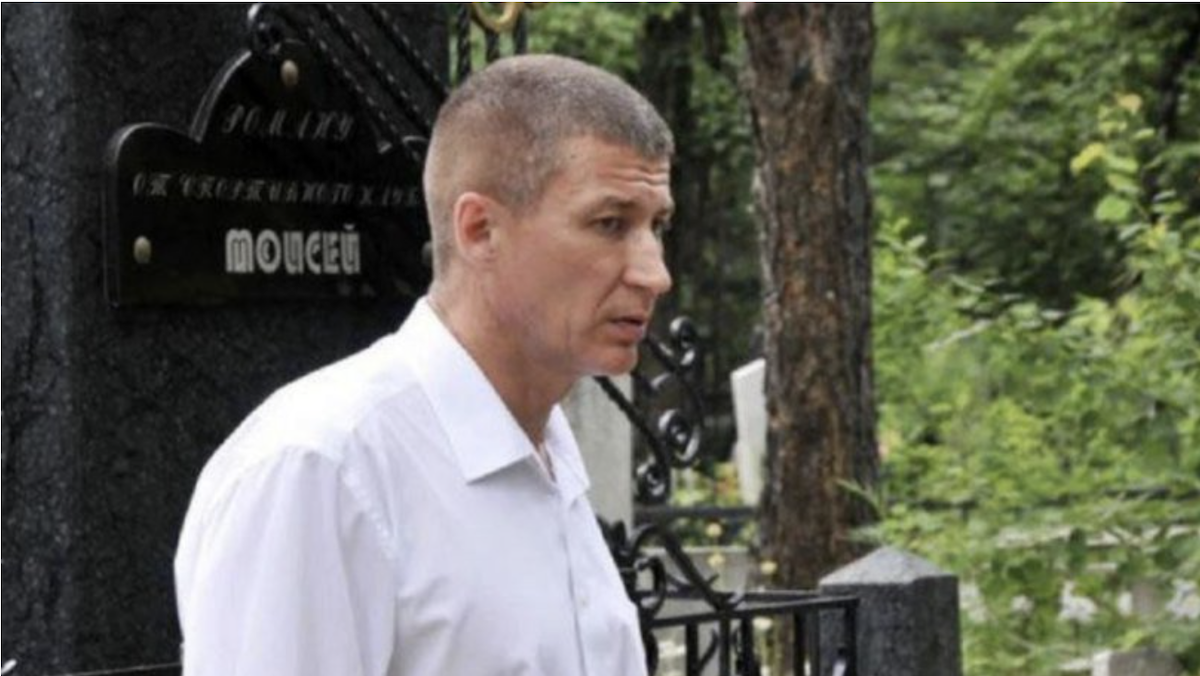The adventures of an Azerbaijani in Armenia
Azerbaijani travels to Armenia
“In the passport control line at the Zvartnots airport in Yerevan, which looks very spacious and somehow festive, my anxiety reared its head. I looked at the faces of the border guards trying to guess which of them was kindest. I was directed to one of them. He scrutinized my Russian passport, and he seemed to grimace at the sight of my last name, Mamedov.
But finally I heard: “Welcome to Armenia.”
When Muscovite Arslan [name altered] decided to visit Yerevan, some of his friends tried to dissuade him, calling it risky. Though after the outbreak of the war in Ukraine thousands of Russians moved to Armenia, Arslan’s case is a little different. Despite his Russian citizenship, he is half Azerbaijani.
After the Karabakh conflict, which divided the societies of Armenia and Azerbaijan more than thirty years ago, citizens of both of these countries visit each other only on official occasions. There are no diplomatic relations between them, with Azerbaijan having officially closed the border to Armenian citizens, and Armenia, though formally maintaining a visa-free regime for Azerbaijani citizens, only allows them to cross the border with a special permit. Travel would be infrequent even if the borders were open, as hostility in both societies is very high.
About Arslan
“My mother is a Moscow Tatar, and my father is an Azerbaijani who moved to Russia in the 1990s. He is quite a nationalist person.
“Since childhood, my father’s worldview seemed alien and incomprehensible to me. Constant confrontations complicated our relationship. To me, the very idea of a conflict with the neighbours you had tea with only yesterday has seemed absurd, alien, and hostile since childhood.
“It came as a shock to me when Russia declared war on Ukraine, as it did to many others. I immediately decided to leave, assuming that a total purge of all living things would soon break out in Russia. I am also a journalist and have been involved in political activism for a long time. So the law on “fakes” adopted by the Russian authorities had a direct impact on me.
“Besides which, I thinks it’s a good time to create some sort of anti-war expat network, including in the South Caucasus.
“So that’s what I decided to do – unite all the anti-war initiatives that exist both among expats and local residents. Unite activists, journalists, and people from the academic and creative fields who oppose war and dictatorship.
“The decision to go specifically to Armenia was a symbolic gesture of double refusal.
“My Russian citizenship seems to require me to be involved in the war with Ukraine, and my ethnicity requires me to support Azerbaijan in the Karabakh conflict. I refuse to participate in conflicts and wars, because the identity of “human” is more important to me than that of “Russian”, “Armenian” or “Azerbaijani”.
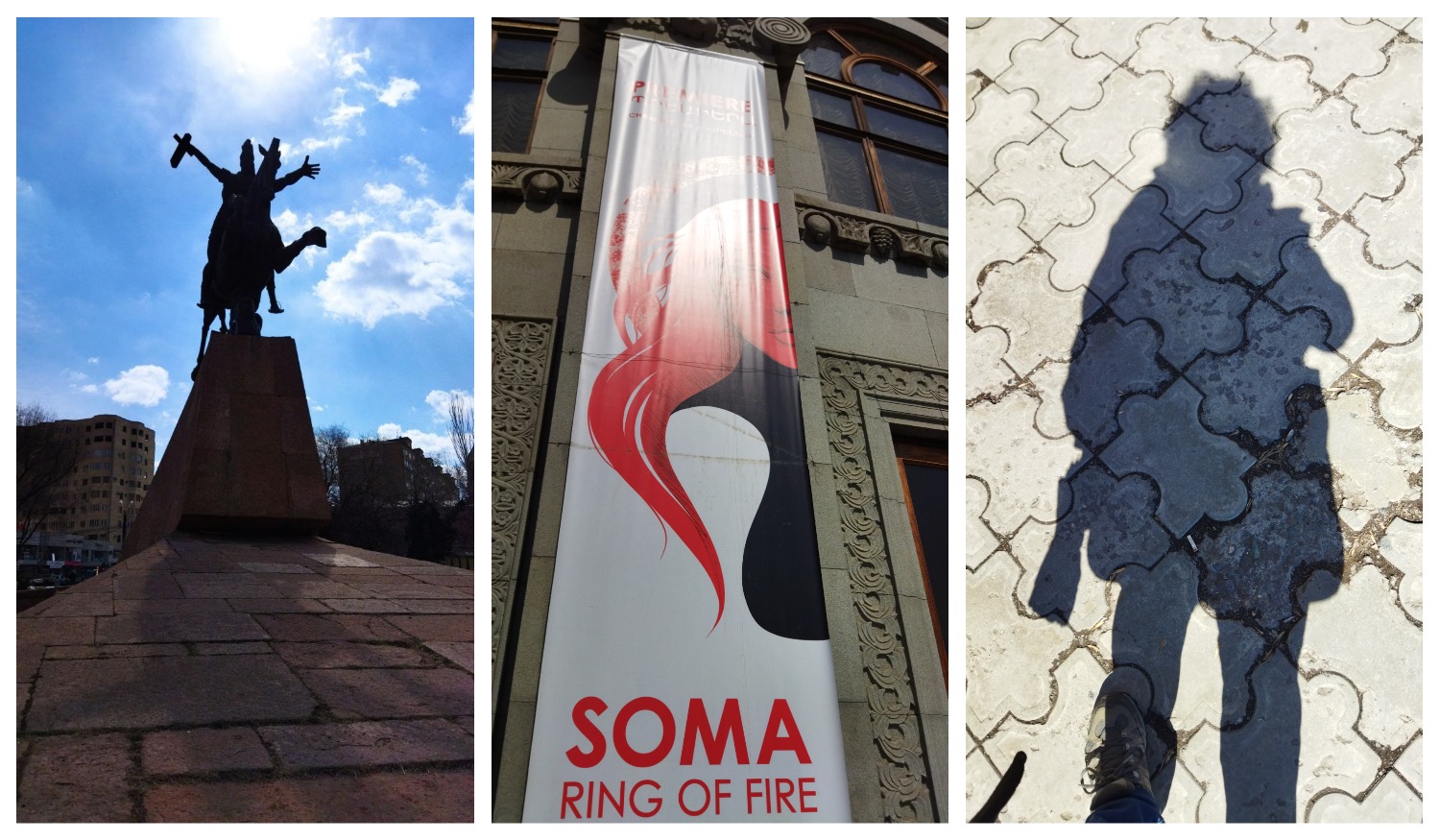
Testing the waters
“On the way from the airport, our taxi passed the Tsitsernakaberd memorial complex (dedicated to the massacre of Armenians in Ottoman Turkey, which in Armenia and many Western countries is recognized as the Armenian Genocide). I tried to strike up a conversation with the taxi driver:
“This is beautiful!” I said.
“Beautiful?!” he was indignant. “There is nothing beautiful here. These people are dead.“
“It’s like tragic music, beautiful but sad.” I don’t think the taxi driver quite understood what I meant.
“When we arrived, my friend, an immigrant from Russia, came to pick me up. He paid for the taxi and we went to his hotel room.
“I suggested that we take a walk. But he said he would not wander around the streets of Yerevan with me. And he didn’t advise me to go out unless necessary, they would immediately recognize an Azerbaijani and… Basically, I should introduce myself as a Dagestani.
“I laughed it off, but he did manage to intimidate me a little. However, I did not leave Russia to sit in a hotel room.
“I settled in a hostel provided by the Kovcheg (The Ark) organization, which helps Russian expats. I stayed in Yerevan for about a month, minus a short trip to Russia to get my international passport.
“I met people and looked for like-minded antimilitarists.
“Even in conversation with casual acquaintances, I tried to mention as often as possible that my father was an Azerbaijani, but that I didn’t support Azerbaijan in this conflict.
“I tried not to mention antimilitarism, only seeing if the stereotyped image of Azerbaijanis could be changed.
“And for the most part, people responded well.
“There were a few unpleasant moments when I tensed up. One guy very persistently asked me about national identity, and who I considered myself to be. It was not aggression; he was asking in good humor, not understanding how it was possible not to have a national or ethnic identity. And I, in turn, wanted him to get rid of these limitations.
“Another time, a man on the subway stared at me throughout the trip. As if he had guessed by my appearance that I am Azerbaijani, although I don’t understand how this is possible.
“I often went to cafes where local hipsters and political migrants from Russia gathered. They had poetry evenings on political themes, played the Beatles, Pink Floyd, something more modern, and sometimes even some old Soviet repertoire, on the piano.
“During my three-week stay in Yerevan, I probably met about a hundred people. I even managed to agree with some to write a collaborative anti-war manifesto.
“I think that with this trip I moved one step closer to my goal — to create an anti-war network — and made dozens of new acquaintances.
Trajectories is a media project that tells stories of people whose lives have been affected by conflicts in the South Caucasus. We work with authors and editors from across the South Caucasus and do not support any one side in any conflict. The publications on this page are solely the responsibility of the authors. In the majority of cases, toponyms are those used in the author’s society. The project is being undertaken by GoGroup Media and International Alert and is funded by the European Union












